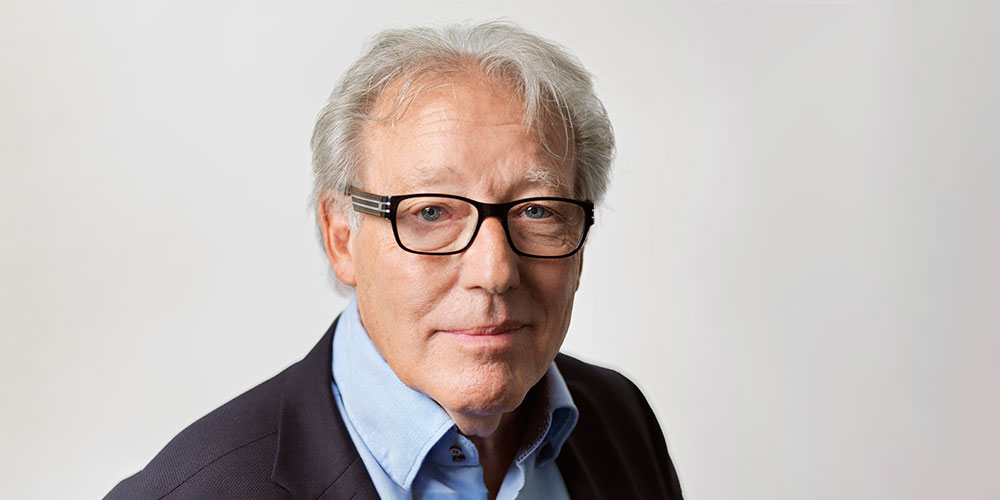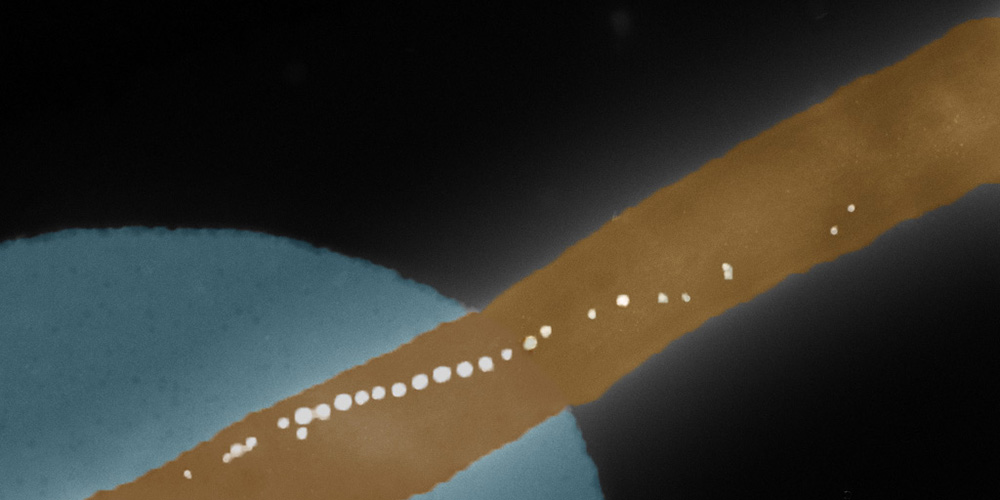Christoph Gerber to receive the Albert Einstein World Award of Science
Professor Christoph Gerber of the Swiss Nanoscience Institute and the Department of Physics at the University of Basel has been selected as the winner of the Albert Einstein World Award of Science. The World Cultural Council awarded Gerber the prize in recognition of the fundamental nature and broad applicability of his research on Nanoscale Science.
15 June 2023
The jury recognizes Christoph Gerber’s co-invention of Atomic Force Microscopy (AFM) and his participation in the development of the Scanning Tunneling Microscope (STM), both of which have enabled scientific breakthroughs – not only in physics, chemistry and materials science, but also in the life sciences.
The jury also noted Gerber’s continued development of AFM as a biochemical sensor, which has contributed significantly to the rapid progress of life sciences and has had a tremendous and positive impact on the health and welfare of humankind.
Finally, yet importantly, the jury acknowledged his dedication to science, which has extended more than 40 years, and his commitment as a role model in scholarship that inspires future generations through his work’s significant impact.
World-renowned scientist
Christoph Gerber, born in Basel in 1942, worked for many years in the IBM research laboratories. He collaborated with Professor Heinrich Rohrer and Dr. Gerd Binnig on developing the scanning tunneling microscope and later developed the atomic force microscope with Professor Cal Quate and Binnig. Gerber took a crucial role in realizing the design into a working device.
In 2001, together with Prof. Dr. Hans-Joachim Güntherodt and other researchers from the Department of Physics at the University of Basel, he was intensively involved in the creation of the National Center of Competence in Research (NCCR) Nanoscience. The University of Basel led the interdisciplinary network of the NCCR as the Leading House and, together with the Canton of Aargau, founded the Swiss Nanoscience Institute SNI as the successor organization in 2006. Gerber was vice director of the SNI for 14 years.
Christoph Gerber has received numerous awards during his career, including honorary doctorates from the University of Basel and the University of Twente, Netherlands, honorary professorships from the University of St Andrews (Scotland) and the Institute of Physics of the Chinese Academy of Sciences, the Science Prize of the City of Basel, the Lifetime Achievement Award from the scientific journal Nature, and the Kavli Prize in Nanoscience.
International Science Award
The Albert Einstein World Award for Science is administered by the World Cultural Council. This international organization aims to promote the use of science, art and education to advance the welfare of humankind.
The Albert Einstein World Award of Science was created to recognize and encourage scientific and technological research and development and has been given since 1984 across all fields of science. It particularly considers research that has brought true benefit and well-being to humankind. The award includes a diploma, a commemorative medal, and a $10,000 award check. The award ceremony will be hosted by the University of Helsinki, Finland, on 3 November 2023.


